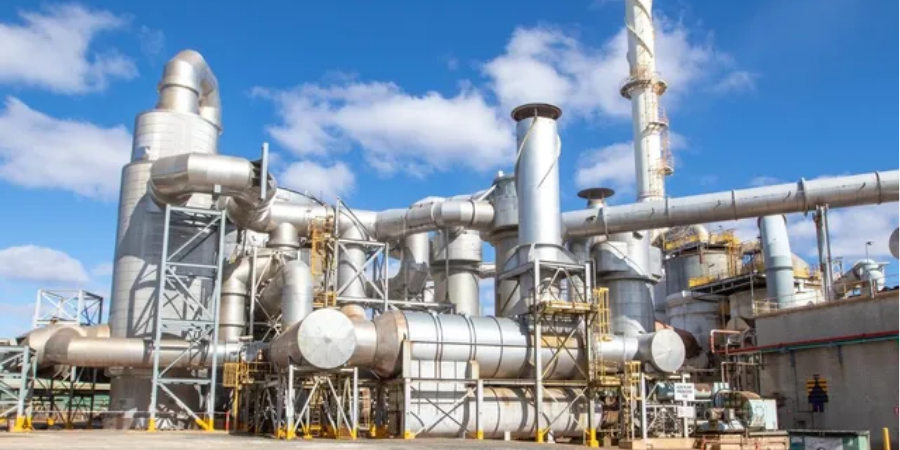India–US Trade Tensions Rise Over Steel and Auto Tariffs NMDC Limited reports a 38% drop in Q4 FY24 consolidated net profit RINL to Raise $23 Million Through Land Sales Amid Crisis

Australia is stepping in to support its struggling nickel mining sector, but experts say the solution offered is more like a temporary fix than a long-term solution. The country's Resources Minister, Madeleine King, has placed nickel on the critical minerals list, which allows the industry to access some of the A$4 bn ($2.7 bn) of federal government funding aimed at promoting minerals essential for the energy transition. However, King noted that the international nickel price is expected to remain low through 2024 and possibly for several more years until the market corrects its surplus of nickel.
This situation has put further pressure on Australian nickel operations, with six facilities either cutting output or going into maintenance since December. Australia, the world's fifth-largest producer of nickel ore, has seen much of its industry become unprofitable due to the recent price decline. BHP Group, the world's largest mining company, announced a $2.5 bn non-cash impairment charge on its nickel business in Western Australia state. The global benchmark nickel price on the London Metal Exchange (LME) has fluctuated, hitting a low of $15,850 a metric ton on Feb. 7 before rebounding to $16,356 on Feb. 16. This decline in prices is attributed to increased supply from Indonesia, which has ramped up production of refined and semi-refined nickel, partly due to an export ban on raw ore. China has also invested heavily in new processing plants in Indonesia.
Also Read : Rio Tinto signs major renewable energy deal Fortescue's Forrest urges LME to separate nickel contracts into 'dirty' & 'clean'